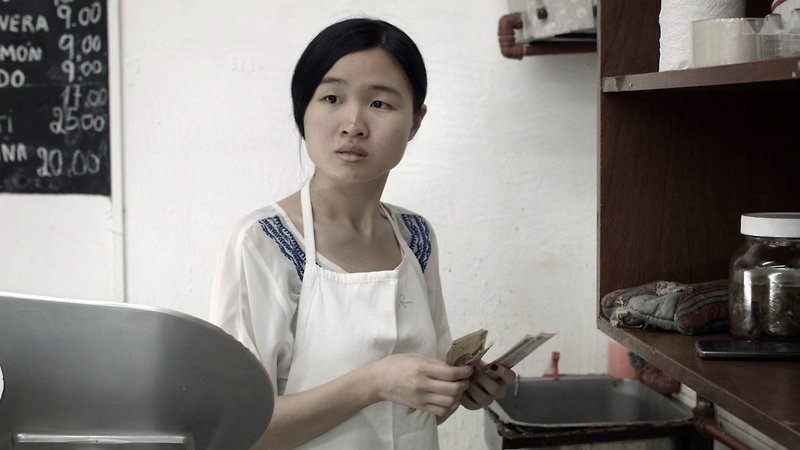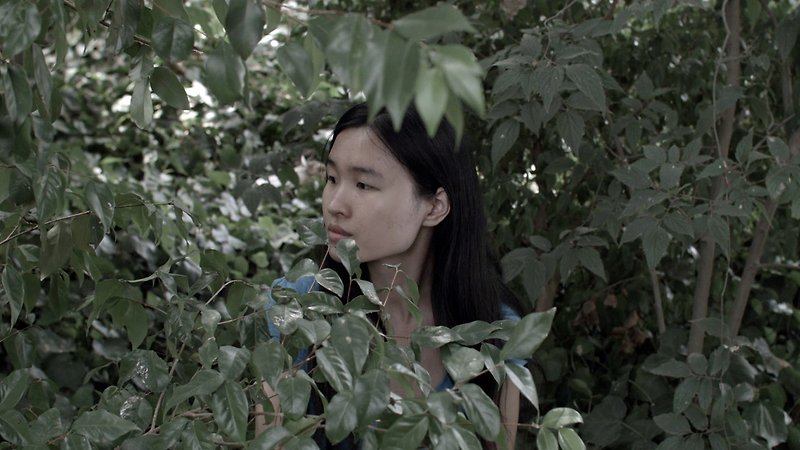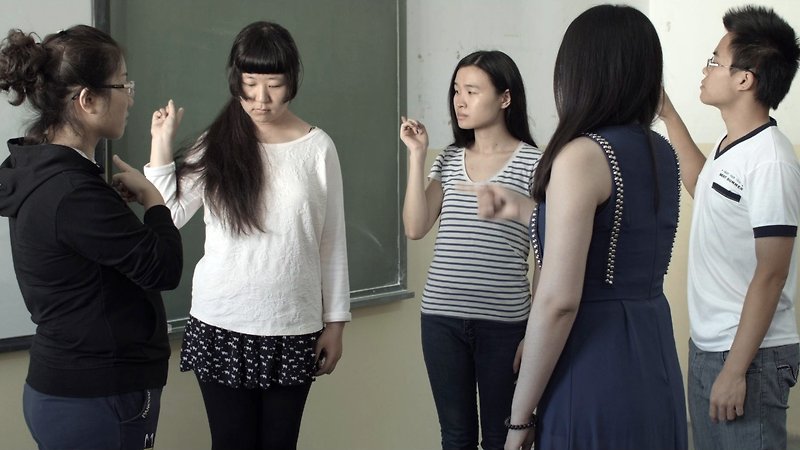Arriving in Buenos Aires, a young Chinese immigrant embraces the struggle of a new language and surroundings, reimagining herself and her future in the process, in this dry comedy of manners.



It’s simply a delight to find a film that’s so insightful about issues of identity, exile, language and self – and at the same time, so elegantly funny.
Screened as part of NZIFF 2017
The Future Perfect 2016
El futuro perfecto
This cute Bressonian comedy, a Best First Feature winner at Locarno last year, revels in the challenge – and possibilities – of language from the immigrant perspective. Fresh off the plane from China, 18-year-old Xiaobin begins a new, uncertain life in Buenos Aires: unable to communicate beyond simple phrasebook expressions, she nonetheless sets out to overcome such everyday obstacles as finding a job and ordering a meal in a restaurant. Amusing as these first encounters are, Xiaobin’s straightforward and forward-thinking approach to culture shock yields pleasantly surprising results, and also speaks volumes of the stoic charm which typifies first-time actor Zhang Xiaobin’s performance, itself a fascinating measure of the relationship between language, speech and acting.
In Español classes, role-playing exercises present Xiaobin with an opportunity to reinvent herself in the Argentine world, against the grain of Chinese tradition. Will her social and romantic prospects improve along with her stilted Spanish? Having her arrive at the titular future perfect tense through these lessons, director Nele Wohlatz cleverly expands the film’s trim visual language to accommodate Xiaobin’s linguistic progress and dreams of lives soon to be lived. And beneath the deadpan minimalism she reminds us of a broader immigrant experience, one completely detached from xenophobic stereotypes of foreigners who shun assimilation and keep to themselves, as well as highlighting a young woman’s agency through fluid identity. A smart, pin-sharp gem. — Tim Wong